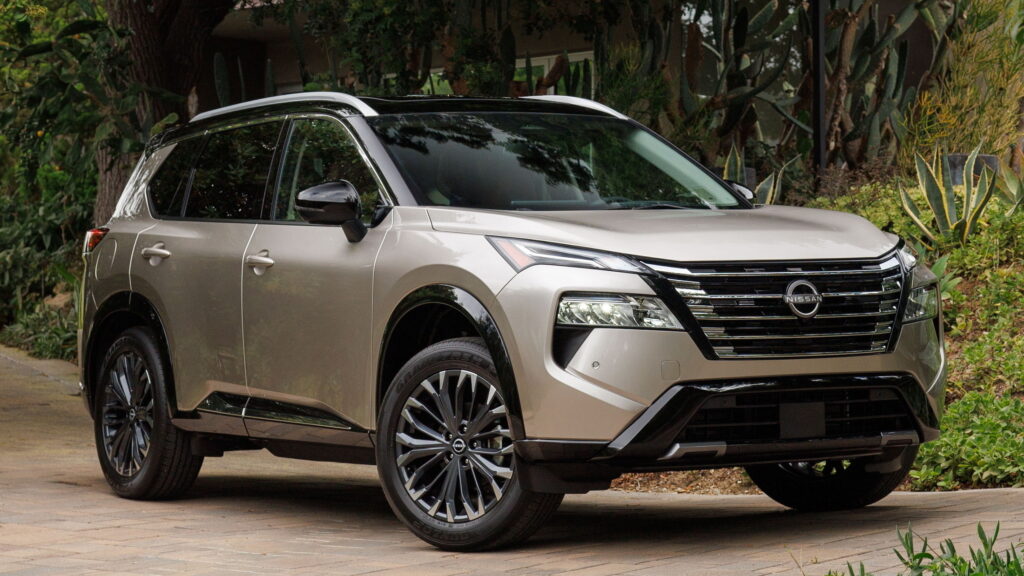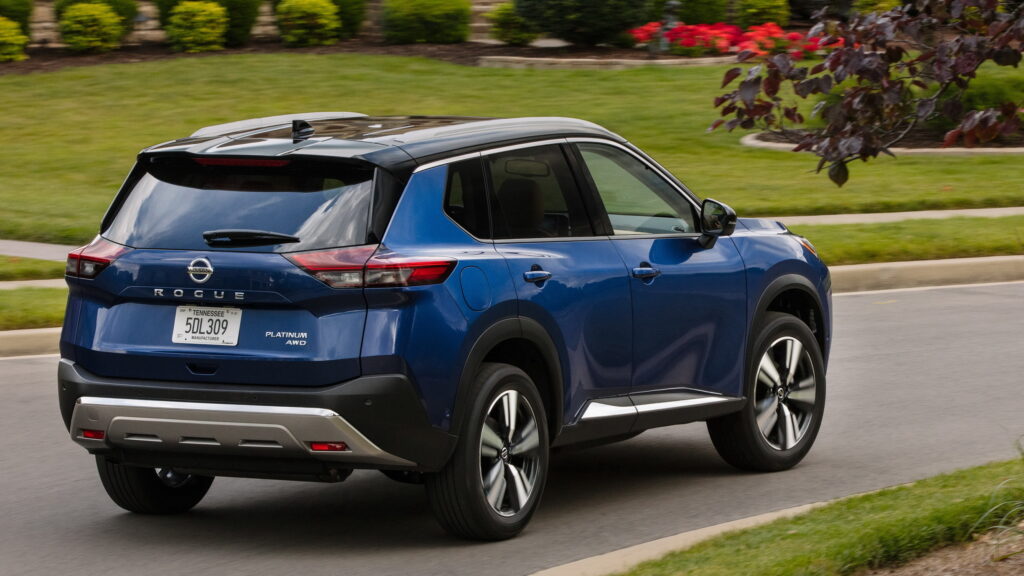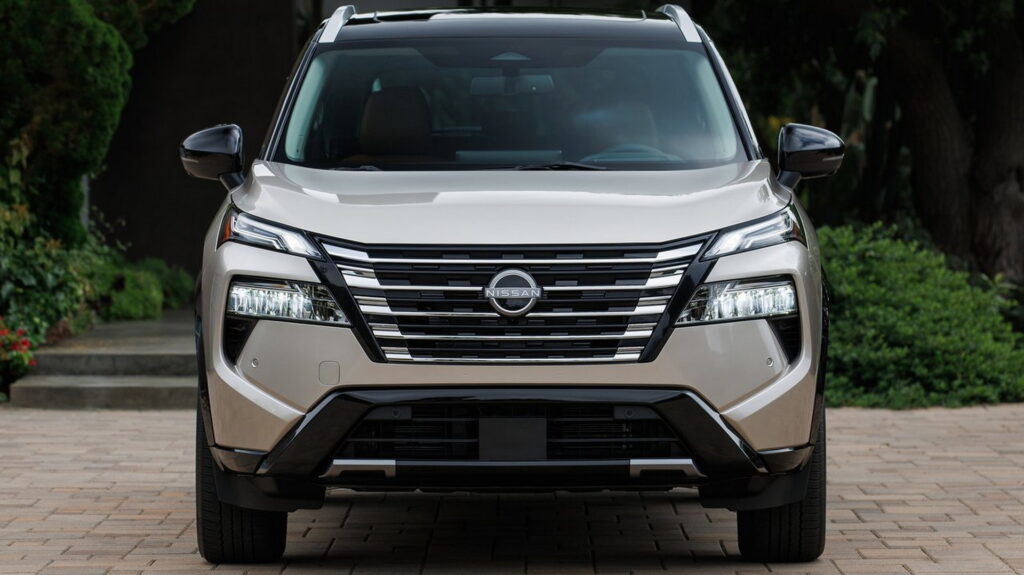Production Cuts

In a move to adapt to changing conditions, Nissan plans to cut the production of its popular crossover, the Rogue, by 13,000 units in its Kyushu plant in Japan. This decision comes as a response to the tariffs placed on automotive imports in the U.S., which have impacted many Japanese-made vehicles. The Rogue, enjoying robust sales with 245,724 units sold in the U.S. last year, is the company’s top-selling model in the region. Despite a 9.5% decrease from 2023’s 271,458 units, this model still holds significant importance for Nissan’s market strategy.
Tariff Impacts

With tariffs reaching up to 25%, Nissan finds its operational plans facing challenges, requiring swift adjustments. The Kyushu plant, responsible for a significant portion of Nissan’s Rogue production, is set to see reduced hours over the next few months, contributing to a temporary halt on certain production days. This comes after Nissan initially planned to cut shifts at its Smyrna, Tennessee facility but reversed that decision to counteract the tariffs’ impact by bolstering local production.
Driving Experience

While numbers and logistics define the business side of the Rogue, the driving experience is where this crossover shines. The Rogue offers a comfortable ride with its advanced suspension and noise-cancellation technology, making it a pleasant travel companion whether commuting or on long journeys. The power under the hood is competitive, with the 2.5-liter engine delivering a balance of 181 horsepower, offering enough pep without sacrificing fuel efficiency, clocking in around 30 miles per gallon combined.
Competitor Comparison
When compared to its rivals like the Toyota RAV4 or the Honda CR-V, the Rogue holds its ground with a spacious interior and intuitive tech features. The ProPILOT Assist is particularly noteworthy, providing semi-autonomous driving capabilities ideal for easing the burden of highway travel. It may not have the off-road prowess of a Jeep Cherokee, but for urban and suburban settings, its smooth handling and suite of safety features make it a reliable choice for families and daily commuters alike.
Economic Strategies
Nissan’s strategy to reassess their production plans if tariff regulations evolve reflects a commitment to adapting to economic pressures. Adjustments like these highlight the necessity for automotive manufacturers to be flexible and responsive to global trade dynamics. As the landscape continues to shift, Nissan’s proactive measures in maintaining a presence in the U.S. market demonstrate resilience and smart operational planning.
In essence, though the current trade climate presents hurdles, Nissan’s maneuvering to curb production impacts while maintaining high sales figures in the U.S. showcases their strategic long-term vision for the Rogue. In a competitive market where crossovers are in high demand, such adaptability might just drive Nissan’s future success.
Lexus ES Unveiled
Wagoneer Overland Revealed
Tesla's Bold Ad Move
EV Shift Accelerates
Kia Soundscapes Debut